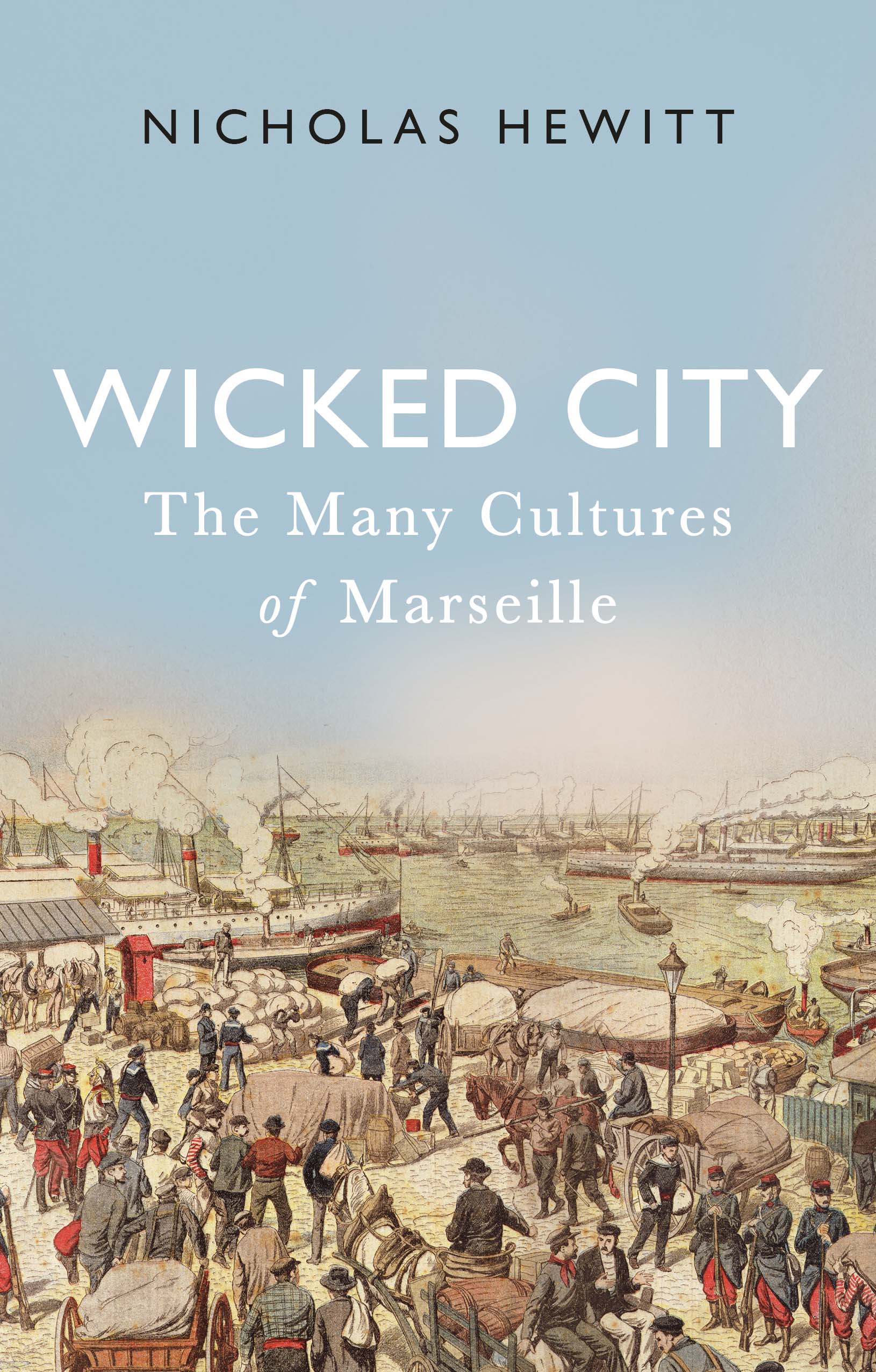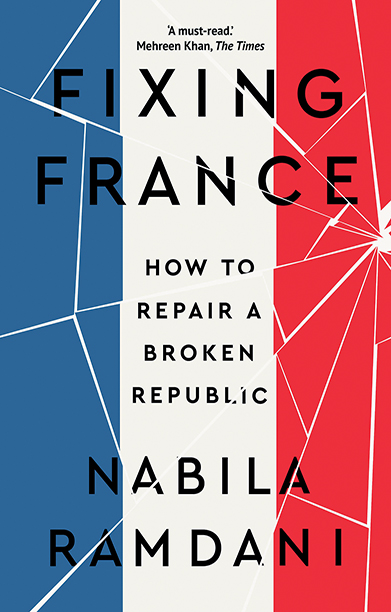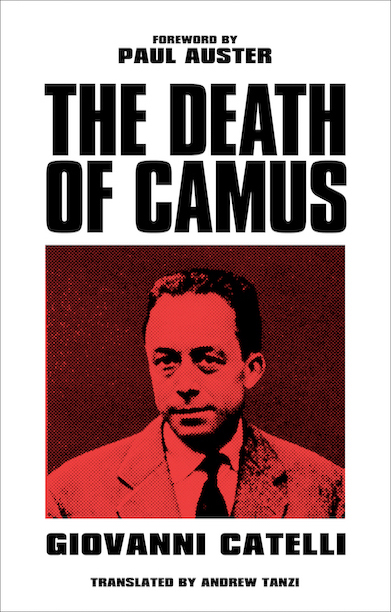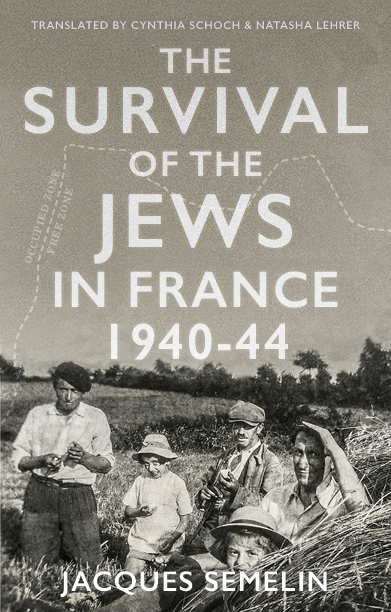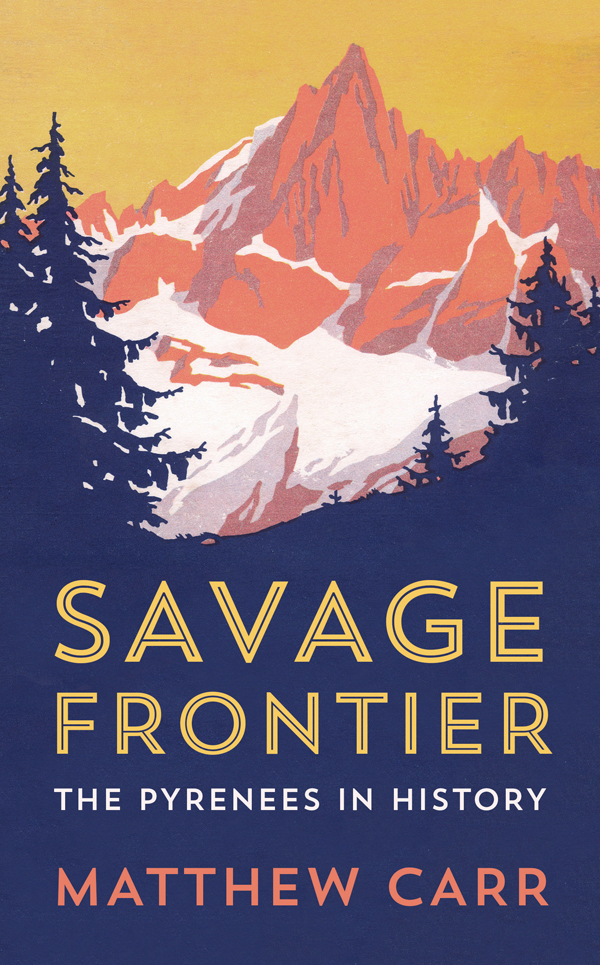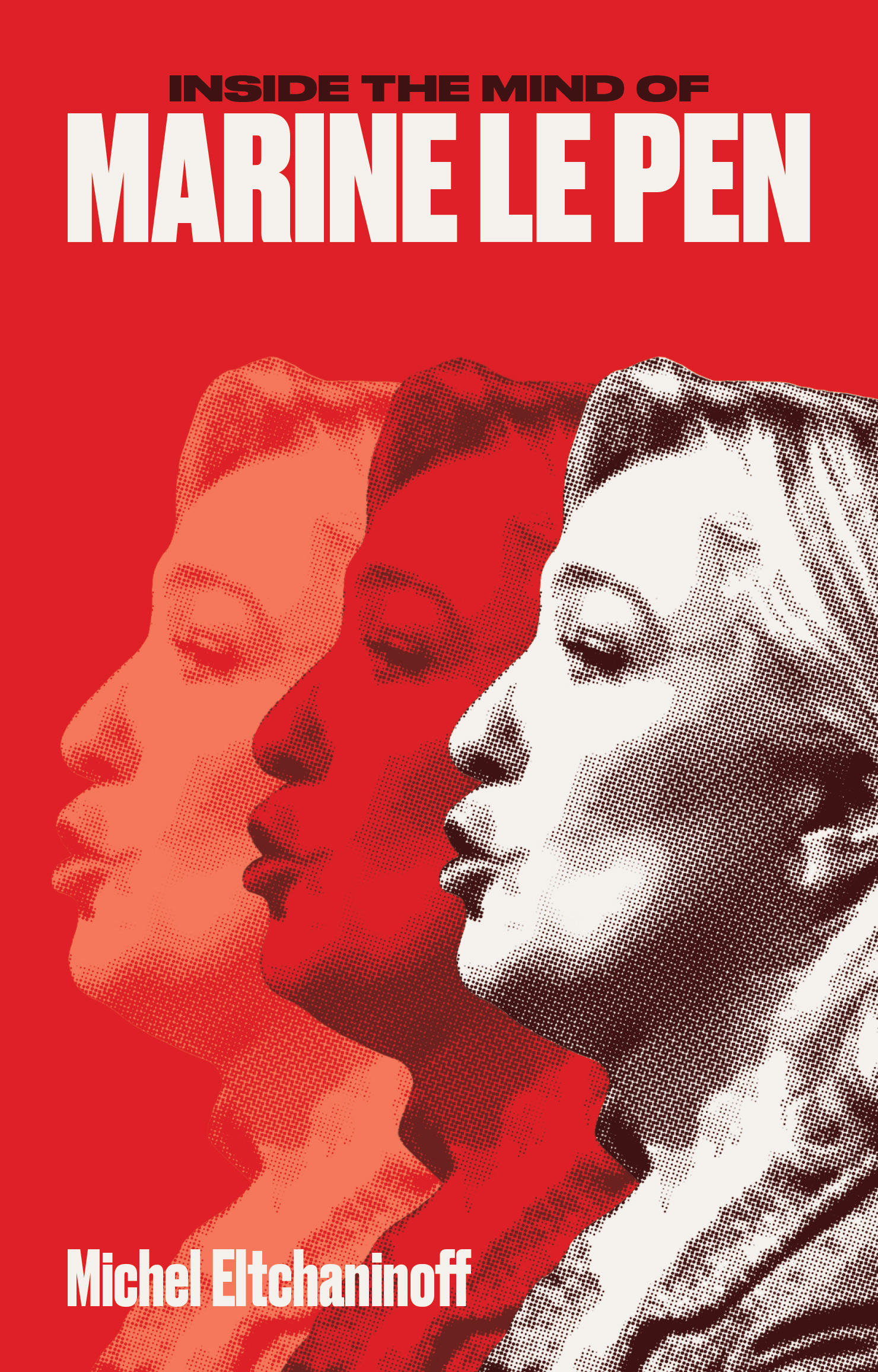Wicked City
The Many Cultures of Marseille
A fascinating cultural history of Europe’s greatest port city, ‘capital’ of the Mediterranean.
Description
Marseille is a thoroughly ambiguous place. France’s second city and its major sea-port, its impact on the national imagination is unparalleled. Yet it is also a frontier city, arguably capital of the Mediterranean, and with a traditionally suspect allegiance to the French nation. This apartness, and the city’s long and rich history as home to migrants, workers and organised criminals, has cemented its association in the popular imagination with exoticism and illicit activity.
In this history, Nicholas Hewitt explores Marseille’s extraordinary cultural wealth from the Revolution to the present century, charting the development of its bad reputation, its ‘rogue status’ within France, and its international importance. The narratives devoted to this great port city range from the legend of its football team to The Count of Monte Cristo. Hewitt discovers Marseille through the eyes of writers, painters and sculptors, film-makers, music hall stars, architects and rappers; from the viewpoints of French, German, British and American visitors; and as a celebration of its humane cosmopolitanism, often in contrast with national French sentiment.
Wicked City is a vivid and complex portrait of one of the Mediterranean’s great cities, going beyond the popular stereotypes to uncover the true Marseille in its full richness.
Reviews
‘[Wicked City is] a fine monument to [Hewitt’s] curiosity, compendious knowledge, resourcefulness and measured enthusiasm.’ — Literary Review
‘Hewitt’s snapshots are fascinating … [Wicked City] is enjoyable and highly readable.’ — Times Literary Supplement
‘Hewitt sagely navigates the ebb and flow of [Marseille’s] contradictory currents.’ — History Today
‘[Hewitt] brings anecdotal, kaleidoscopic and loving insight to the city that spawned the French national anthem.’ — The Irish Times
‘Armchair travellers can make a vicarious exploration of Marseille with Nicholas Hewitt’s entertaining book [which] remains as a nice testament to his compendious knowledge.’ — The Budapest Times
‘A dramatic, sensitive and moving love letter to Marseille by one of the giants of French cultural studies, exploring how this frontier city between France, its empire and the world has been imagined in novels, photography, film, theatre, reportage and crime fiction. A triumphant last work.’ — Robert Gildea, Professor of Modern History, University of Oxford, and author of Fighters in the Shadows
‘Marseille springs vividly to life in this book. With erudition and brio, Nicholas Hewitt weaves two centuries of fascinating cultural threads that have created the ‘wicked city’ of pleasure and crime, rooted in France but facing South to the wider world.’ — Michael Kelly, Emeritus Professor of French in Modern Languages and Linguistics, University of Southampton
‘An enthralling exploration of two centuries of culture associated with Marseille, from Dumas to Cézanne, Pagnol to Izzo. Hewitt is an assured guide to France’s most intriguing city, illuminating its history and the myths that have attached themselves to it.’ — Jim Wolfreys, Senior Lecturer in French and European Politics, King’s College London
‘This is a learned and lively study of Marseille’s history and cultures, from post-war decline to today’s modernisation programme, political imbroglios to football culture. A highly readable guide to a complex and fascinating city.’ — Elza Adamowicz, Professor Emerita of French Literature and Visual Culture, Queen Mary, University of London
